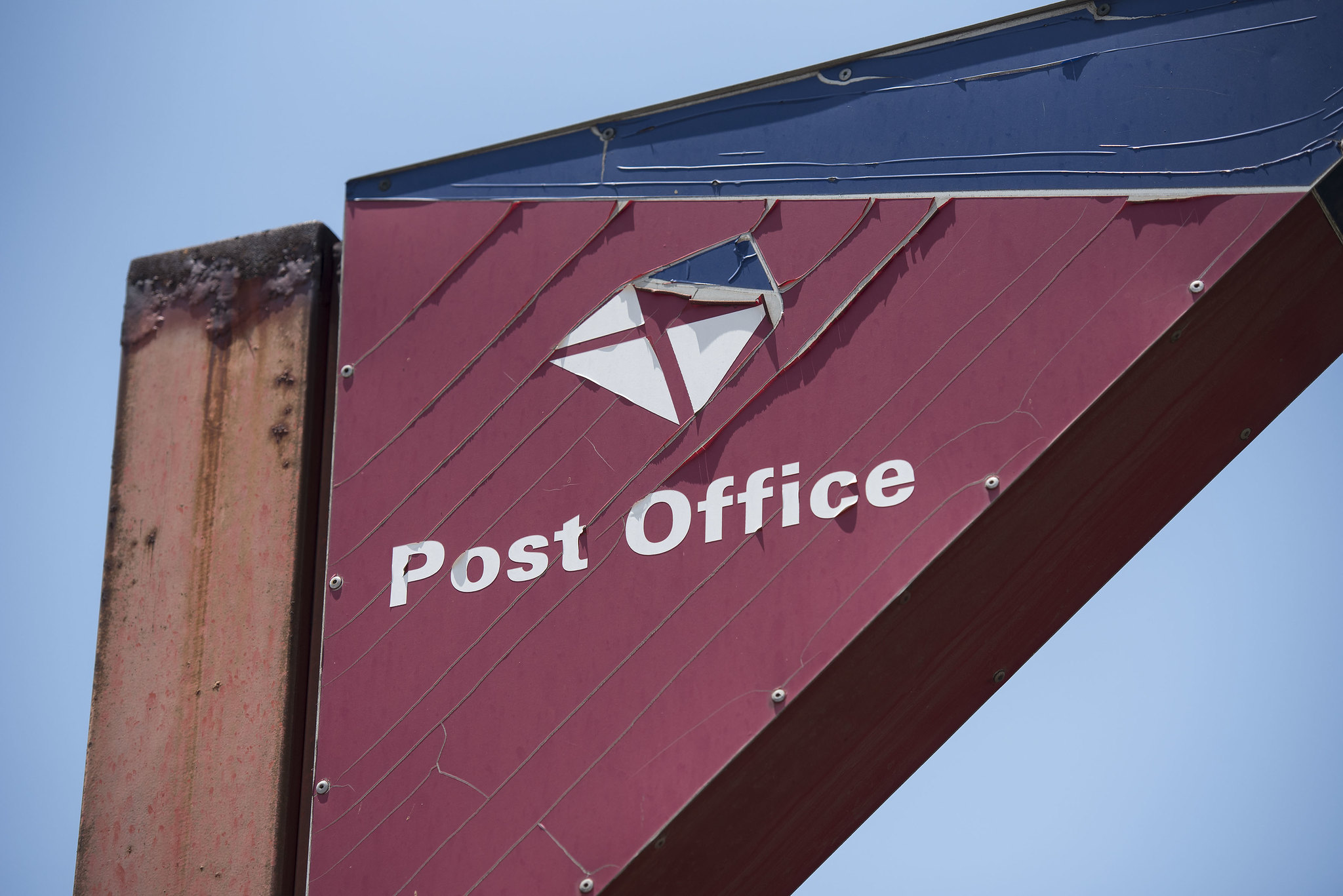You’ve got to hand it to South African state-owned entities. They may not have tremendous management skills, but they can certainly identify a cash cow to bleed dry.
The thing is, cows don’t only give you milk, if you farm them right they also provide more cows, so bleeding them dry might not be a fantastic idea in the long run.
It’s just that everybody believes that the cash cow being bled dry by Sapo’s ridiculous position – where they don’t want private couriers delivering packages less than 1kg – will only harm the couriers. Maybe it will, but it will likely harm South Africans even more.
Almost every industry thrives most when it is accessible, so access to fast, efficient and cost effective parcel delivery is key.
Small businesses manufacturing goods to those making food and countless others, are key functional drivers of our economy. A massive part of their success is their ability to get their goods to the end user.
Now the post office has an insurgency tactic to make it the only service provider of “choice”, while struggling to pay rent and despite billions in government bailouts over the past decade.
Spare me. Also correct me if I’m wrong, but I don’t remember the private couriers ever being gifted with a cent in tax funds, yet they still seem to be able to deliver.
Dear old Sapo has lost it. This act of forcing their relevance to continue is just throwing twigs into a fledgling ember.
I understand that the law does prevent unlicensed couriers from delivering small mass parcels, but instead of blocking them, lobby for them. If they’re doing a better job, there’s no point to standing in their way.
In the Icasa case where this legal position was clarified, the finding even referred to the purpose: “The intention of Parliament was to protect Sapo against competition within the kilogram and less postage.”
But let’s face it, it’s not like protecting Sapo against competition is doing South Africans any good. In fact, it’s cost them billions already, so why would we allow this to go on?
Over in the US, Nasa realised the potential of the private sphere and instead of fighting it, lobbied for it and, guess what? The people benefit. It’s probably because Nasa is smart and realised that no matter how much it fights progress, it will lose to the detriment of its people.
So, instead, it offered support to the private sector and ensured the private sector plays within the bounds that are beneficial to the population.
It’s a good system. But not to Sapo. No, no, no. Disappointingly, seemingly not to Icasa either.
It’s not like these entities don’t have a history of lobbying for policy change. Think sports licensing, bans on broadcasting protest violence and a whole lot more. These national entities could lobby for a shift in policy, or even afford licences to private couriers, but they don’t.
I’m willing to disregard all of this. Perhaps I’d even be willing to give Sapo and its new management a chance if they just showed a little bit of brain with their legislative brawn. I just know they won’t, because it’s an entity that is old, lazy and unimaginative.
Their biggest brag this year, if you’re willing to ignore their difficulties in paying rent, is a back end integration with Chinese distributor Wish, or as they call it, a “strategic partnership”.
I’m unconvinced it’s worthwhile to brag about a bit of back end code a 16 year old could write in a weekend while you’re struggling to pay your bills. I’ll refrain from asking what they actually paid for that strategic partnership to work, because I know it will depress me.
And, sadly, that is not the most depressing thing about this saga. That award must go to the imbecilic notion that this plan is ever going to work in favour of Sapo. I wish they just had some sort of foresight into the effects of their actions.
So long as they can’t provide services we’re used to getting reliably from private couriers, all Sapo will be doing is fuelling the market for 999g rocks, which will cost us all in the end.
Before Sapo starts flexing its unearned muscle in the market, it needs to show that it can deliver to that market and, well, I’m not convinced…
So, to quote an apt idiom, Sapo shouldn’t be concerning itself with breaking a functional industry to fail at saving itself. It should be concerning itself with the dichotomy of shaping up or shipping out.

Richard Anthony Chemaly. Entertainment attorney, radio broadcaster and lecturer in communication ethics.

